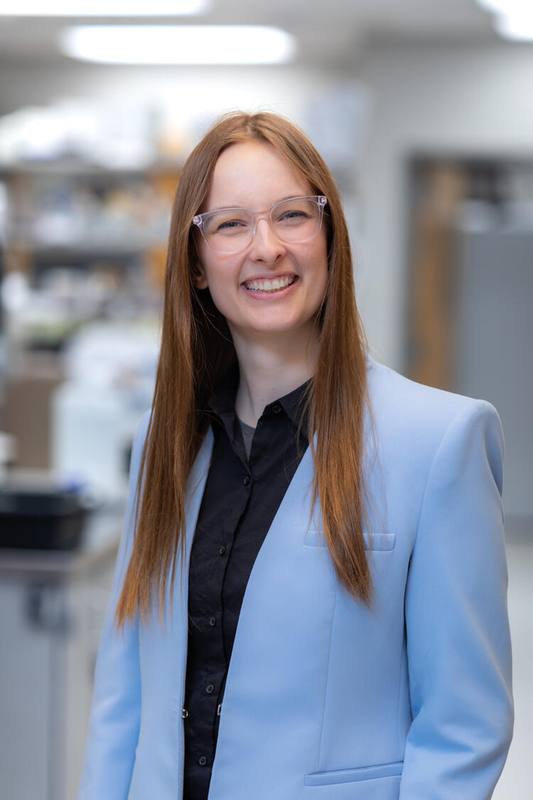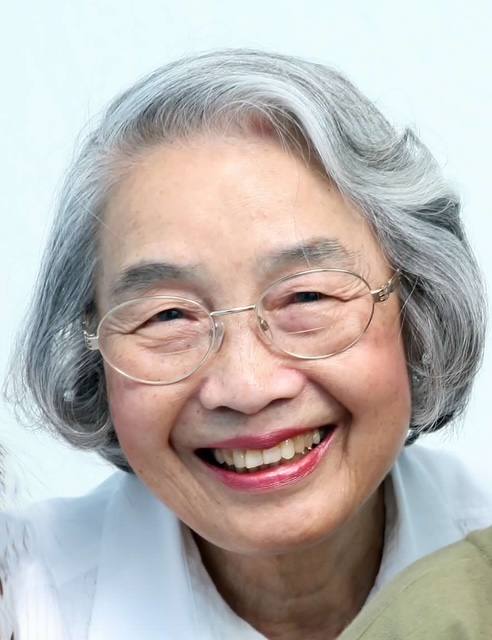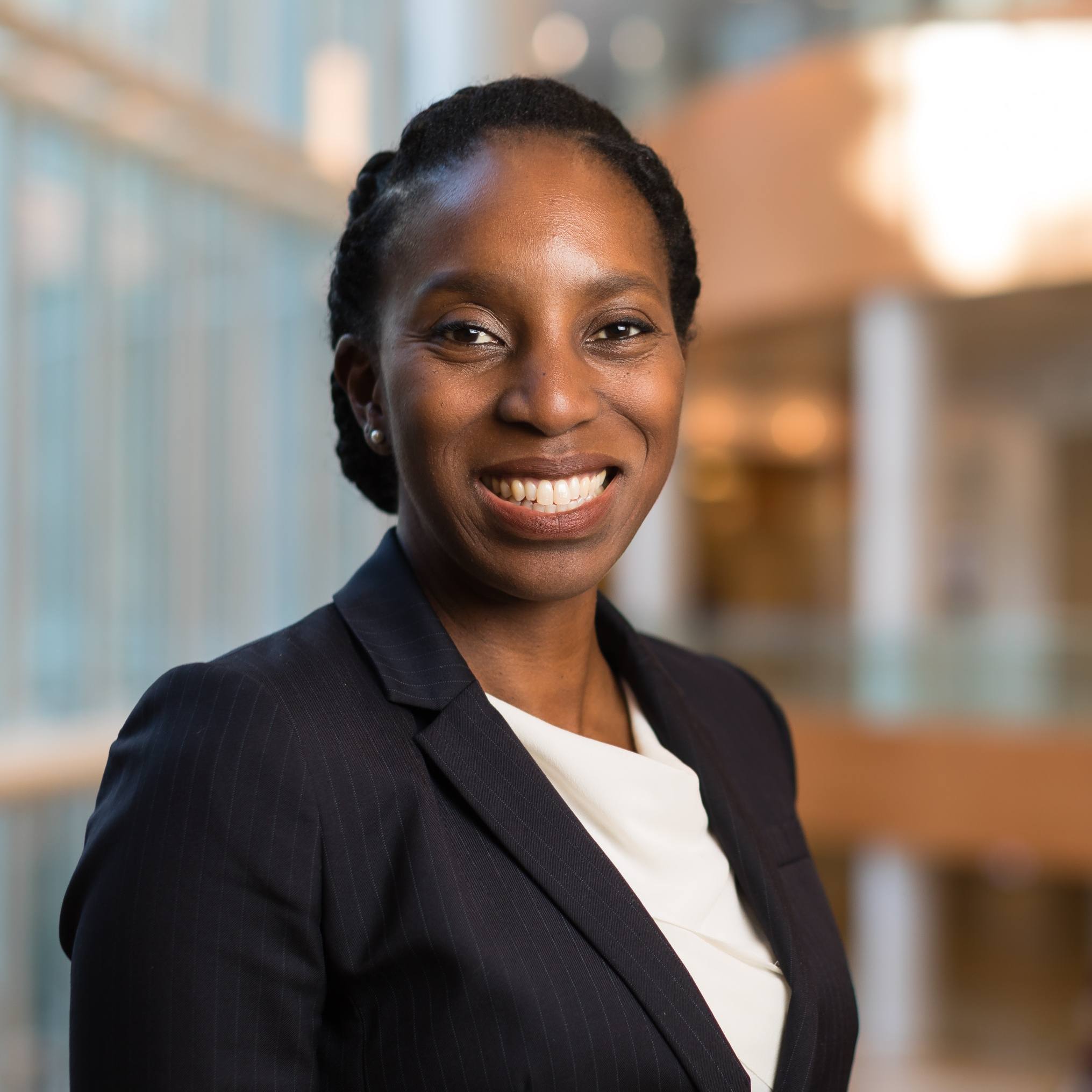-
Education
Donors’ grant enables Ph.D. students to venture and learn
When Roseanne Nooren began her Ph.D. training four years ago, she found great purpose in studying pancreatic cancer. "Once a person is diagnosed, it may be only months before they pass, and that's largely because of the way the cancer metastasizes," she says. "I thought this was an area of research that could really make a difference." In her thesis research with co-mentors Gina Razidlo, Ph.D., and Mark McNiven, Ph.D., at Mayo Clinic Graduate School of Biomedical Sciences, she already has made strides in understanding how pancreatic tumors spread. She's also identifying ways to halt the process.

Nooren's graduate training included classes about cancer, but Dr. Razidlo suggested Nooren look into an additional opportunity: a course specifically about pancreatic cancer where she could meet others in the field. Nooren applied and was accepted to attend a week-long intensive pancreatic cancer course at Cold Spring Harbor Laboratory in New York — a prestigious program that brings together about 30 nationally and internationally known researchers. "I was excited about the idea of the course — and also nervous," she says. "It was an opportunity to meet many scientists whose journal articles I had been reading."
But first, she had to figure out how to attain funding to attend the course. The answer was a special — and until now, anonymous — award earmarked for Mayo’s Ph.D. students.
Since 1999, graduate students who are eligible to take a specialized course outside Mayo have been able to apply to the graduate school for a competitive travel grant to pay their tuition and expenses. The award was financed by an anonymous benefactor, and nearly 100 students over the years have taken advantage of the opportunity. Students have gone to courses at sites like Woods Hole, Massachusetts, or Jackson Laboratories in Maine, to learn new microscopy techniques or new approaches in genetics. After they return, students send a thank you note for the funding. The donor has been happy to receive a summary from students about what they learned, but otherwise has remained in the shadows.
This year, the source of the funding came to light: two Mayo educators who initiated the grant decades ago. At her family's request, the newly named Lily Weinshilboum Travel Award for Mayo Clinic Graduate School of Biomedical Sciences, honors the memory of the trained anatomist and biomedical researcher who taught at Mayo Clinic for 25 years. Lily Weinshilboum died in 2023 at the age of 86, but the grant she first imagined is continuing to contribute to the success of Mayo's Ph.D. students.
The importance of daring and determination
In the naming of the grant, Lily Weinshilboum's family hopes students will learn about her dedication to biomedical education and her enterprising spirit, says her husband and co-benefactor, Mayo Clinic internist Richard Weinshilboum, M.D., the Mary Lou and John H. Dasburg Professor of Cancer Genomics Research.

As a young woman, Lily Weinshilboum traveled independently to the United States from Taiwan in 1954, determined to advance her interest in science. A scholarship enabled her to attend Ottawa University in Kansas. She went on to train as a neuroanatomist at the University of Kansas in Lawrence and was a teaching assistant in graduate school when she met her husband, who was then a medical student. After completing her master's degree, she worked with a research group in Boston and later in a lab at the National Institutes of Health as Dr. Weinshilboum completed his training. The Weinshilboums came to Mayo Clinic in Rochester in 1972 for the next stage of their careers. Lily Weinshilboum's outgoing and nurturing personality made her a dynamic anatomy instructor in the medical school, where she connected with students as they embarked on their training and began to recognize the importance of their roles in patients' lives.
Daring and determination were themes in her life. Once she had retired, she came up with the idea for a fund to help graduate students take an extra step on their career paths. "She wanted to help graduate students gain perspective, learn new topics and begin to create networks with researchers by attending meetings that stretched beyond what was readily available at Mayo," says Dr. Weinshilboum, who serves as a Ph.D. mentor and dissertation advisor for graduate students. "We viewed the travel grants as one way we could help."
Former graduate students — now established researchers and educators — attest to the lifelong impact of those experiences. Regenerative science researcher and dermatologist Saranya Wyles, M.D., Ph.D., received travel funding in 2014 during her training in Mayo's Medical Scientist Training Program. The money allowed her to attend a meeting in the United Kingdom focused on genetic engineering of stem cells. "Attending this event as a graduate student was a defining moment in my journey in regenerative medicine research," she says. "It reinforced my commitment to this field and paved the way for my current role as a research laboratory leader. Now I have the privilege of training Ph.D. and M.D.-Ph.D. students, and I encourage them to seek out similar opportunities and apply for the grant as well."
Gaining confidence and building a network
For Nooren, the meeting earlier this year at Cold Spring Harbor already has been a game-changer. The week of lectures gave her ideas that she brought back to her research in Dr. Razidlo's lab, including a new approach in microscopy that will expand her work. She gained confidence as she gave a presentation of her own research findings and joined scientific conversations with seasoned scientists. "It made me braver, just feeling that my questions were valid and that I could bring my expertise," she says. "Even in graduate seminars now, I'm more confident, and when we discuss works in progress, I'm more likely to raise my hand and say, 'Hey, have you tried this?'"
Nooren also met like-minded colleagues as she learned about other pancreatic cancer labs around the country and met potential future collaborators. She hopes other students will apply for the grant to attend a course that expands their own research interests. "It's such an opportunity to connect, even though you're a student and you're at the first stages of becoming a scientist," she says. "You're learning and interacting with everyone, and you're all putting your heads together to try to solve the problems in the field. It was an amazing experience."
That's exactly what Mrs. Weinshilboum intended in establishing the award, says Dr. Weinshilboum.
"She read students' summary notes with great interest and a great sense of pride in having been able to help make these experiences possible," he says. "She was focused on training the next generation and encouraging them to do bold things."







